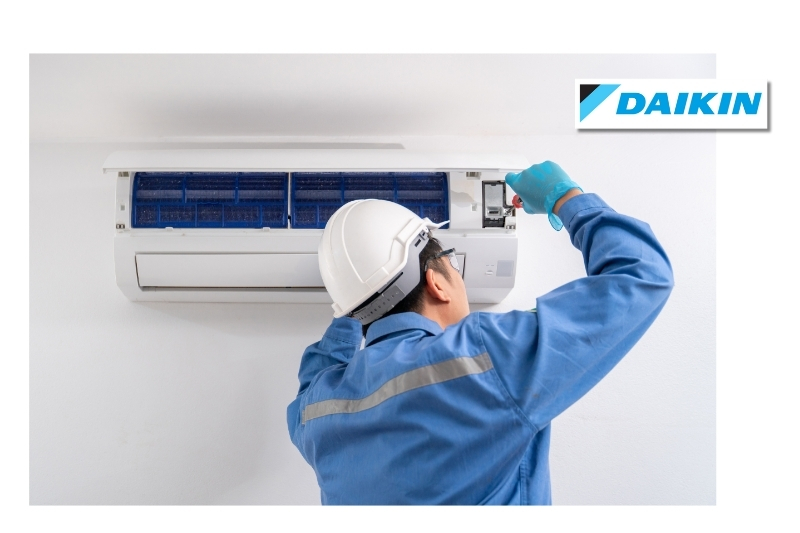Which Heat Pump is the Quietest?

When it comes to determining if a heat pump is quiet, we must first address the good things. Generally speaking, it’s the unit located outside of the dwelling or house that we’re concerned about. That is, the unit where a large fan operates and where the compression/expansion cycles of the refrigerant occur. As for indoor units, their warm or cold air diffuser makes very little noise.
Having a quiet heat pump is important if one wants to enjoy the balcony peacefully, for example, in the case of an air-conditioned condo. Homeowners with a backyard terrace will also benefit from having a quiet outdoor unit (central heat pump) installed. And their neighbors will be grateful.
Relatively Quiet Heat Pumps
Technology in these systems has continued to advance over the past 25 years, so the power, reliability, and efficiency of quality residential heat pumps are now very satisfactory. This improvement has also resulted in a decrease in the average noise level of the devices. It’s not uncommon today to find outdoor units emitting around 60 decibels when in operation. A heat pump with a score of 50-55 decibels (dB) is indeed considered quiet.
Most sounds in everyday life range between 30 and 90 dB. For example, a vacuum cleaner produces 80 dB. This may not seem very far from 60 dB (moderately quiet heat pump), but in fact, it is, as each additional decibel has a significant impact. Our ears have their rules for perceiving sound intensity: we perceive it as twice as loud every time the sound level increases by 10 decibels. Thus, the vacuum cleaner is (seems to be) four times louder than the heat pump.
The quietest heat pumps on the market produce very low noise levels, around 20-30 dB, which is lower than the noise in a waiting room! Some Fujitsu models (LMAS1 and RL2), with 19 dB and 23 dB, stand out in this regard, as well as models from manufacturers Daikin and Amama.
Proper Installation is also Required
n addition to the components of a heat pump (variable speed compressor, soundproofing, anti-vibration devices, etc.), the operating regime and its power are factors that determine the emitted noise. How it was installed also has an impact.
It is recommended to always seek the assistance of experts to install or repair your heating and air conditioning systems. Contact us for a free quote!
















